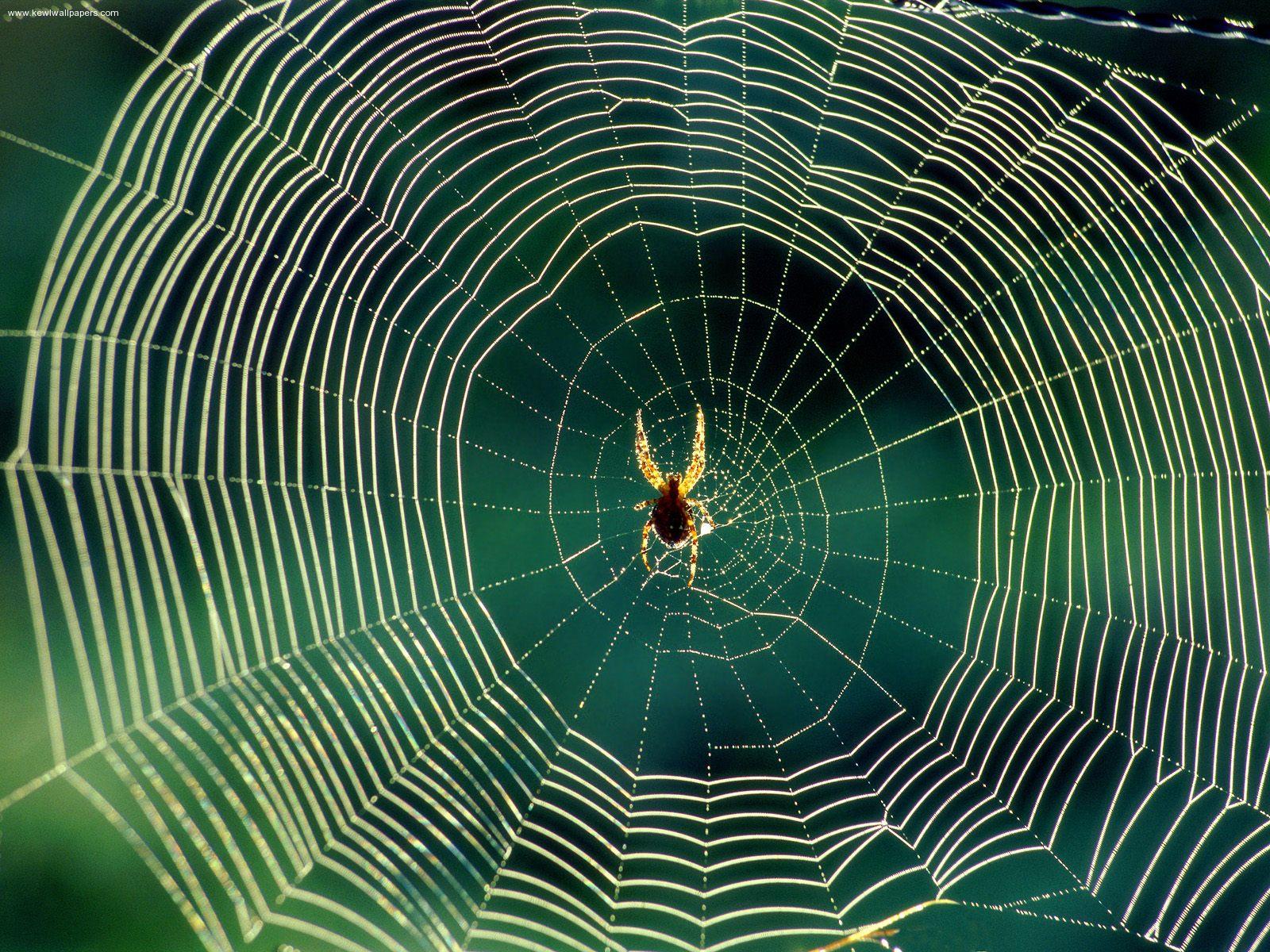David May, Communications Intern

For many of us, it is rare to think positively of insects. They typically cross our minds as a nuisance when we reach for something to swat them with, or with terror when we discover them somewhere they shouldn’t be. Especially in the context of forests, we tend to think of insects as dangerous pests, and sometimes rightly so; infestations of various defoliating insects and bark beetles, such as the mountain pine beetle, have devastated America’s forests over the past few decades.
It is easy to forget how vital insects are to ecosystems of all kinds, especially our treasured forests. From pollination to decomposition, bugs play many roles that our forests could not do without. Everything in nature exists for a reason, and remembering those reasons can help us to make smarter decisions relating to our environment.
Breaking It Down
In forests, all things rely on the soil. This means, having a constant influx of nutrients in an easily broken down form is crucial to maintaining a healthy forest. Insects are integral to the decomposition process that makes this possible. The excrement from needle- and leaf-eating bugs is quickly colonized by microorganisms, which makes the nutrients from the organic material much more readily available. A much larger process is the decomposition of wood. Trees are very hardy organisms and are much harder to break down than other plants and organic material. When a tree dies, it is firstly colonized by insects that feed on the bark and sap. This makes the body of the tree accessible to the various fungi and bacteria that would otherwise be stopped by the bark. From there, the decomposition process continues as the tree matter is continuously broken down. Without wood-eating insects, trees would take twice as long to decompose!1
Spreading the Love
Tree reproduction couldn’t happen without pollination, and many trees rely on insects to spread their pollen. In fact, roughly 80% of all trees and bushes are pollinated by insects.1 Flies, butterflies, beetles, and other winged insects spread pollen amongst flowers in their search for nectar. Amongst well-known pollinators, bees especially have been in the spotlight over the past decade with the spread of colony collapse disorder, and rightly so. This astounding problem shows the economic disaster that such a disruption can cause within our environment, and the necessity of our natural pollinators for agriculture, as well as nature as a whole.
Keeping in Check
Just like all other organisms, insects have a crucial role in the food chain as well. They are the major food source for birds, lizards, mice, and a myriad of other forest dwellers, including other insects. Spiders help to control populations of flies and other bugs that we dislike, and are very helpful to have in your garden.
Even the bark beetles that are now causing us so much trouble are important. Wood-boring insects, such as the mountain pine beetle, have helped our forests for a very long time by killing the oldest and sickest of trees, creating less competition for young growth. This is very important for maintaining a thriving forest.
So, although they may seem gross, scary, or just plain annoying, remember that we couldn’t have our natural world without bugs. And, although battles with exploding populations of species in certain areas may prompt us to use extreme measures, resorting to mass use of pesticides can have many unintended consequences. So, next time, think before you squish that little guy!
Works Cited
- Wermilinger, Beat, and Peter Duelli. “Insects in the Forest Ecosystem.” net. Wald Wissen, 2002. Web. 13 July 2015.
